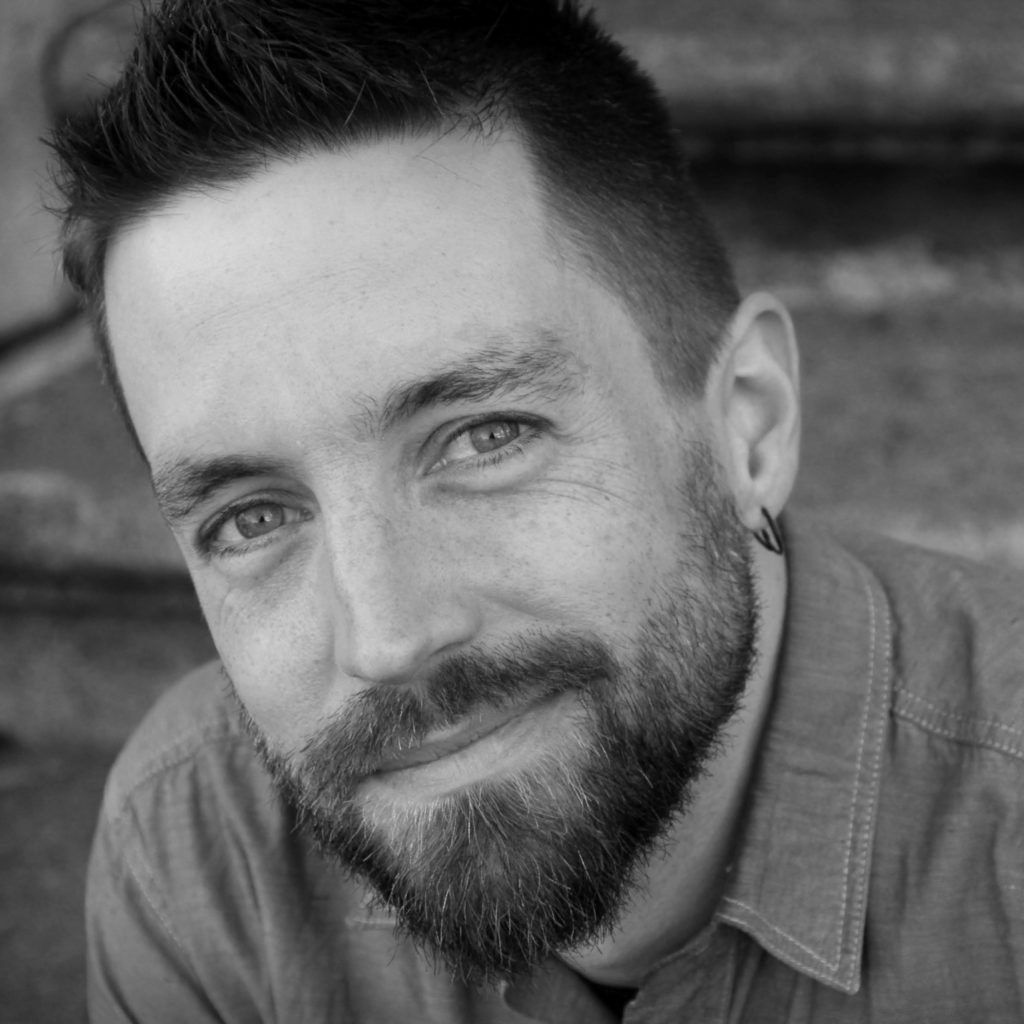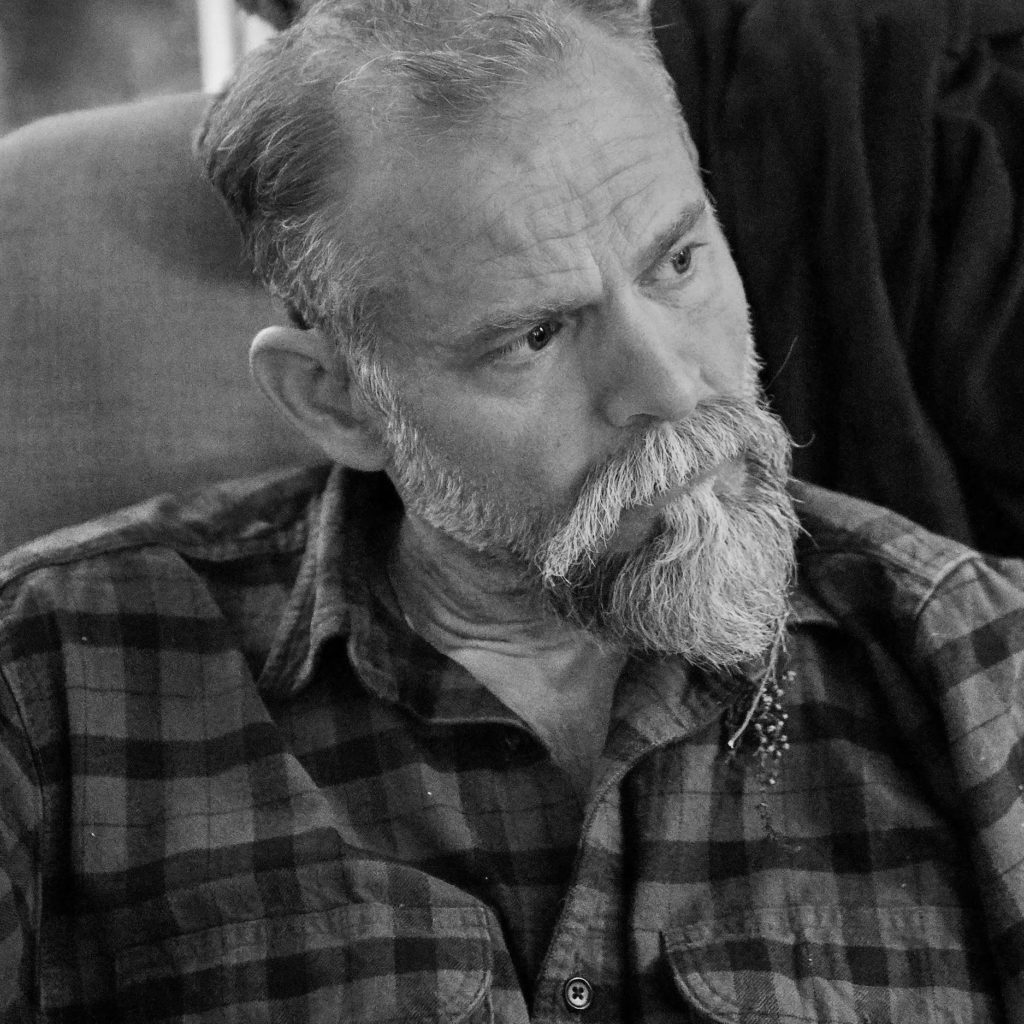Story & Landscape

Charlie: Let’s talk about landscape. In so many of the projects that you and I work on, the place itself is a character, but where a location might have held or sparked a story, place has lately moved to become the center of things. They are widely different efforts, but consider the pivotal role played by place in both The Scent of a Thousand Rains and Koppmoll. Those are two of the projects before us this year. Leading up to the film, I recall reading Philip Sheldrake’s Spaces for the Sacred and noting his quotation of English historian Simon Schama: “Landscapes are culture before they are nature; constructs of the imagination projected onto wood and water and rock.” Do you buy that, or is there something inherently evocative about certain places? How have you come to understand landscape and its role in story and memory, particularly since leaving the U.S.?

Damon: Your questions are a little like asking me to reflect upon love. I can say many things about love or loving someone, but nothing I can say would express well enough what I would wish to express. The location of a character often feels necessarily close to whatever else I might want to explore in any piece of writing. I am not confident, however, that a location or landscape is the center of every character’s experience, and in fact, I am pretty sure it usually isn’t, but in other ways the where of a character may be very close to the experience of that character. This seems especially relevant when a landscape is extraordinary.
Do I go into landscapes looking for what is there, or am I imposing, consciously or not, what I hope to see? There are many levels of seeing, but when we talk about seeing a landscape, we are often talking about being touched in a profound way by what is in front of us. In Norway, there is a saying, and I can only paraphrase the saying in English, but it goes something like “People attend church hoping they will experience god, but those who go into nature will experience god.” The point is that in “the nature,” as my Norwegian friends say, we encounter something that is beyond definition. Is this something native to a place? Is this something the presence of God? Is this something part of our construction, to borrow from your Schama quote? I don’t have an answer for these questions. But my experience is this: when I encounter landscapes something inside of me is touched by something outside of me. This is felt most profoundly when I can face the edge of what, in some ways, is both remote and familiar. This experience does not necessitate traveling to some far edge of the earth either. An encounter with place, with the edge so to speak, may resemble the experience of the old drunk in Ernest Hemingway’s “A Clean Well-Lighted Place,” who sits in “the shadow of the leaves.” Or having an awareness of the gate in Raymond Carver’s “I Could See the Smallest Things.” An encounter may occur even where we are standing, literally at our feet, provided we look closely enough.

I realize what I’m saying will sound like malarkey to some readers, but it feels my language should fall short of my experience. I suppose that I have said little which is bone certain, but let me say, more broadly, landscapes offer us a chance of revelation, of an experience of what is more, of what we wish to see or what, in some sense, we have buried. Only we must stop first.
But do you recognize or agree that none of us can live constantly with this awareness? Do you agree we must go outside of our everyday demands for these encounters, even when a place, even a very remarkable place, is immediate?
Do you agree we must go outside of our everyday demands for these encounters, even when a place, even a very remarkable place, is immediate?
Charlie: Anymore, I think the hardest thing of all is to stop and pay attention. There’s an inertia to our days that opposes it, but there are sudden flashes of insight that break through. The goal, I suppose, is to lean more into those flashes. I say, insight, but that’s not quite the right word. Maybe, objectivity is better. But no, we can’t maintain that awareness.

Just this past week, I drove down to Moscow, Idaho, to critique to a theatre production at the university there. It was late afternoon when I left. At this latitude, the sun still sets early in February. It had been a busy day of teaching and meetings. I left my house by 4:30p in a rush, and of course, the car was low on fuel, and that put me even further behind. Driving south from Spokane, you enter the Palouse not far from town, and you’re suddenly in a different realm. It’s all rolling hills and dry land farms. It is what you might call a certain landscape. We haven’t had much of a winter this year, but a skiff of snow covered the tops of fallow wheat fields and obscured the horizon. As I topped a hill, it was like flipping a switch. The haze lifted. The sun reached its pinkening. For a moment, I was transported. The car was moving forward—probably a bit too quickly, if I’m honest, yet everything seemed to stop. That country holds a lot of memory for me, but it wasn’t a move just into memory. It wasn’t nostalgia. There’s something old in that landscape. It’s something I found there years before, and it returned in a flash. Now, perhaps that’s something constructed that I thrust upon it, but I’m not at all convinced of Schama’s line. I turned off whatever podcast I was listening to and finished the drive in silence.
As David Whyte tells us, “Alertness is the hidden discipline of familiarity.” He writes about that experience you describe where something inside of you is touched by something outside of you. “…the only place where things [are] actually real [is] at this frontier between what you think is you and what you think is not you.” Now, I think he’s speaking of capital R-real, which we don’t have space to mess with here, but the point is to be in conversation with that point of tension, that frontier. I see that as the thread pulling so many of our projects together. I think that conversation is the goal more than maintaining awareness. It’s about attention. What’s the line you hold on to from Death of a Salesman?

Damon: “Attention must be paid”—Linda Loman. The full line is “Attention must be paid to such a person!” It’s a difficult task to give ourselves. But I think we agree. We cannot precisely command our attention towards others or our awareness of landscapes. We can practice them, however. It’s important to note that you were transported on your drive from Spokane to Moscow, which seems something different than to have been commanded. I appreciate transported is a term with some baggage, but we cannot think about those moments as they happen, not if we wish them to expand. Nor should we ponder Mr. Whyte’s “frontier” when it opens. All that can happen later, after crossing the border, so to speak. Or, to put this another way, we cannot give proper attention while noticing the attention we give. If we do, then we run the risk of stepping on our own brains.
Writer Damon Falke & Director Charles M Pepiton have been creating and producing work together for theatre and film since 2008.
